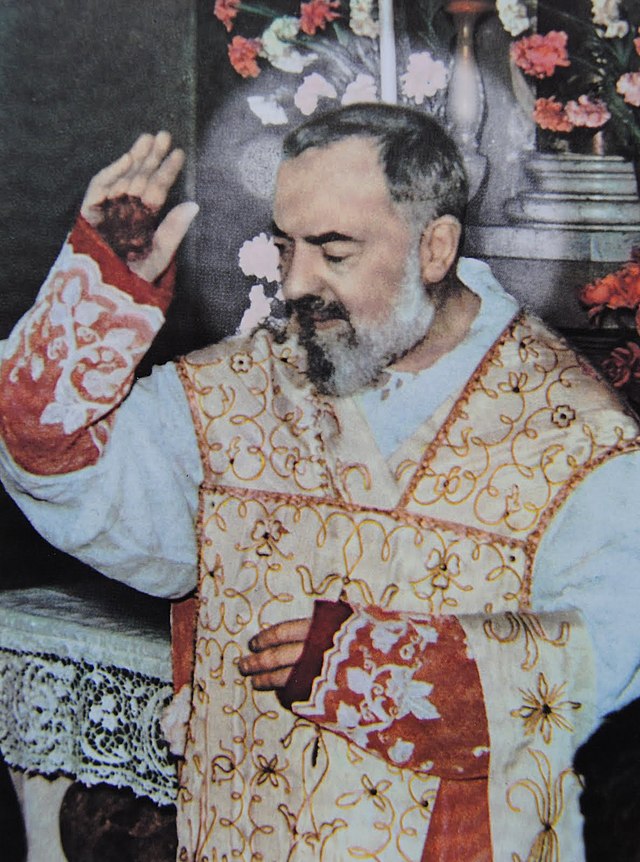
The practice of those who are initiated into the mysteries, the practice of putting oneself into, and remaining in, direct relation with God, the Absolute, or any unifying principle of life. Mysticism is inseparably linked with religion. Because of the nature of mysticism, firsthand objective studies of it are virtually impossible, and students must confine themselves to the accounts of mystics, autobiographical and biographical, or, as the mystics themselves say, they must experience for themselves. The terms mystic and mysticism are used very broadly in English, being extended to mean magic, occultism, or the esoteric.
Source: The Columbia Encyclopedia, 2018
A person who seeks or attains a direct, personal experience of the divine, or the absolute, through intuition or insight.
Mystics claim to reach a transcendent state in which they see, hear or feel things which are beyond conventional perception; visions, dreams, revelations, prophecies, the hearing of supernatural voices and ecstatic trance states have been described by religious and non-religious mystics alike. The primary means by which mystics pursue their goal are the disciplines of prayer, meditation or contemplation, along with fasting, abstinence and self-denial. However, mystics of some cultures and traditions, such as Native American mystics, may also use mind-altering, psychotropic substances as catalysts to facilitate the transcendent experience, as well as spirit journeying, trance dancing, chanting and ritual.
Source: Chambers Dictionary of the Unexplained, 2007














